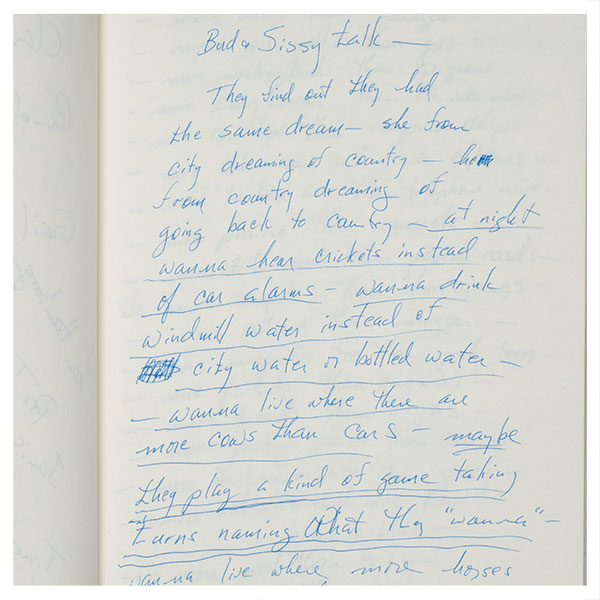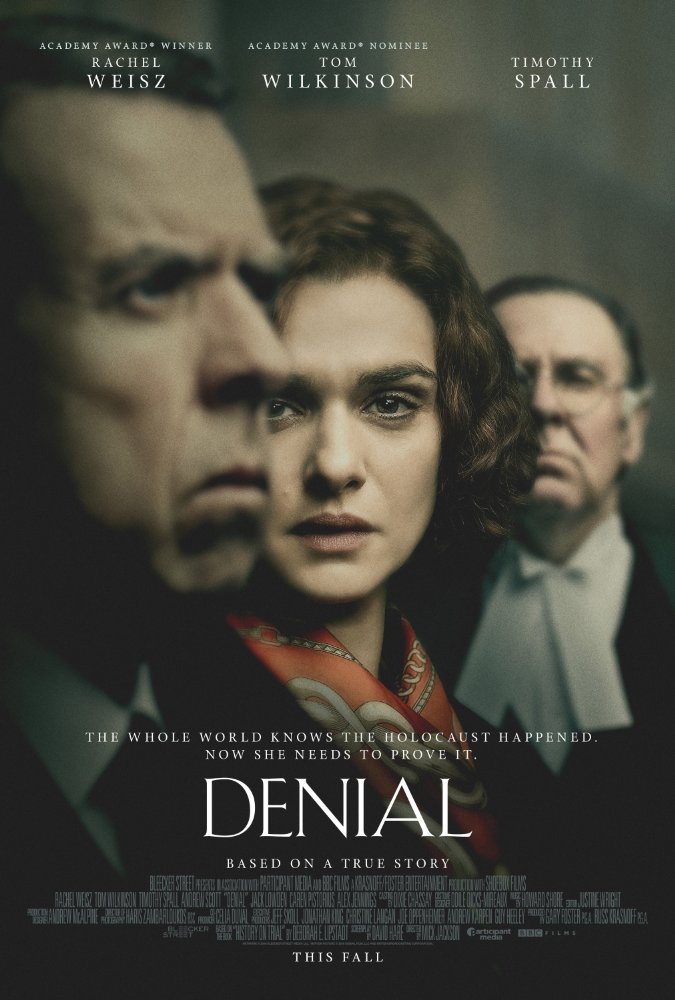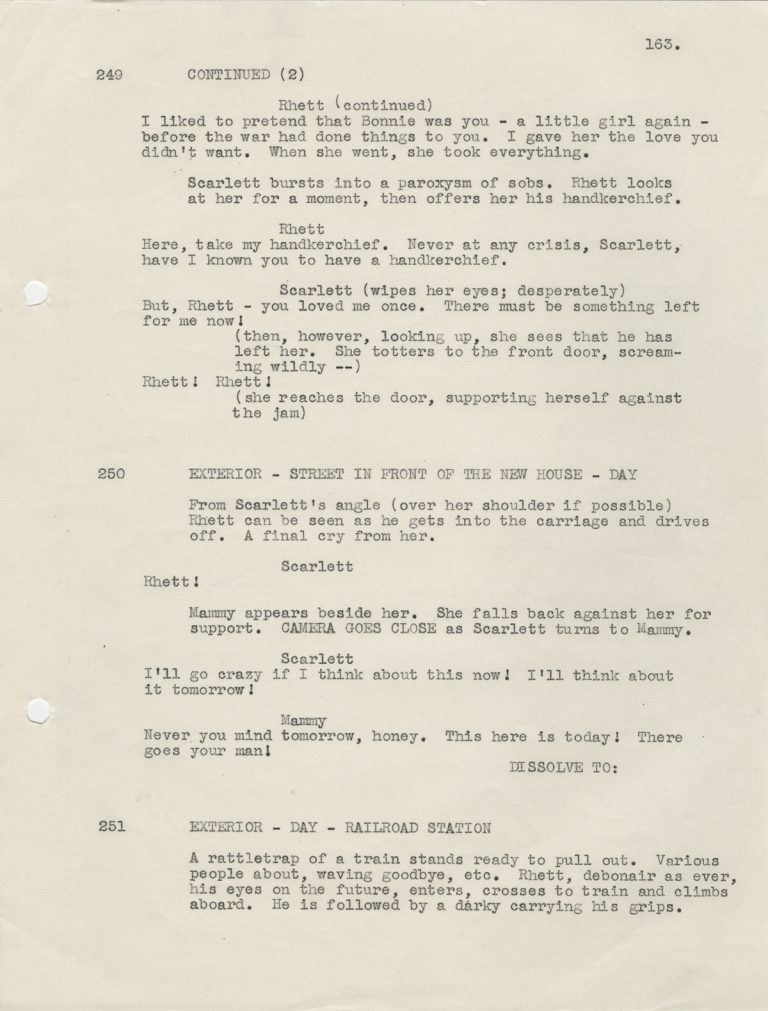Author, journalist and screenwriter Aaron Latham has donated his papers to the Harry Ransom Center.
screenwriting
Screenwriter David Hare, scholar Deborah Lipstadt discuss Denial
In 1996, Holocaust denier David Irving sued scholar Deborah Lipstadt on the grounds of libel for her book Denying the Holocaust (Penguin, 1993). The case went to court in the United Kingdom, where Lipstadt and her legal team found themselves having to legally prove that the Nazis had systematically exterminated… read more
In the Galleries: A discarded happy ending for “Gone With The Wind”
Gone With The Wind’s scriptwriter Sidney Howard had the difficult task of converting the 1,000-page novel into a film script that was not too long, without sacrificing key elements of the novel. One of producer David O. Selznick’s concerns was that all problems be caught before filming started, because cutting… read more



